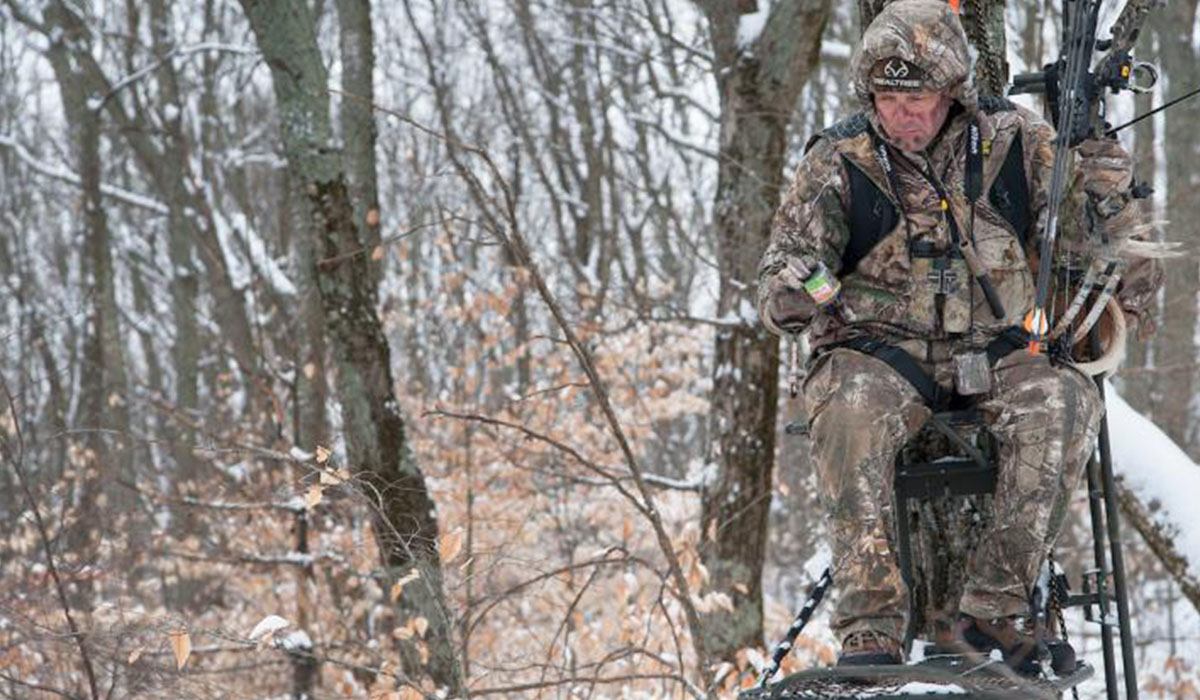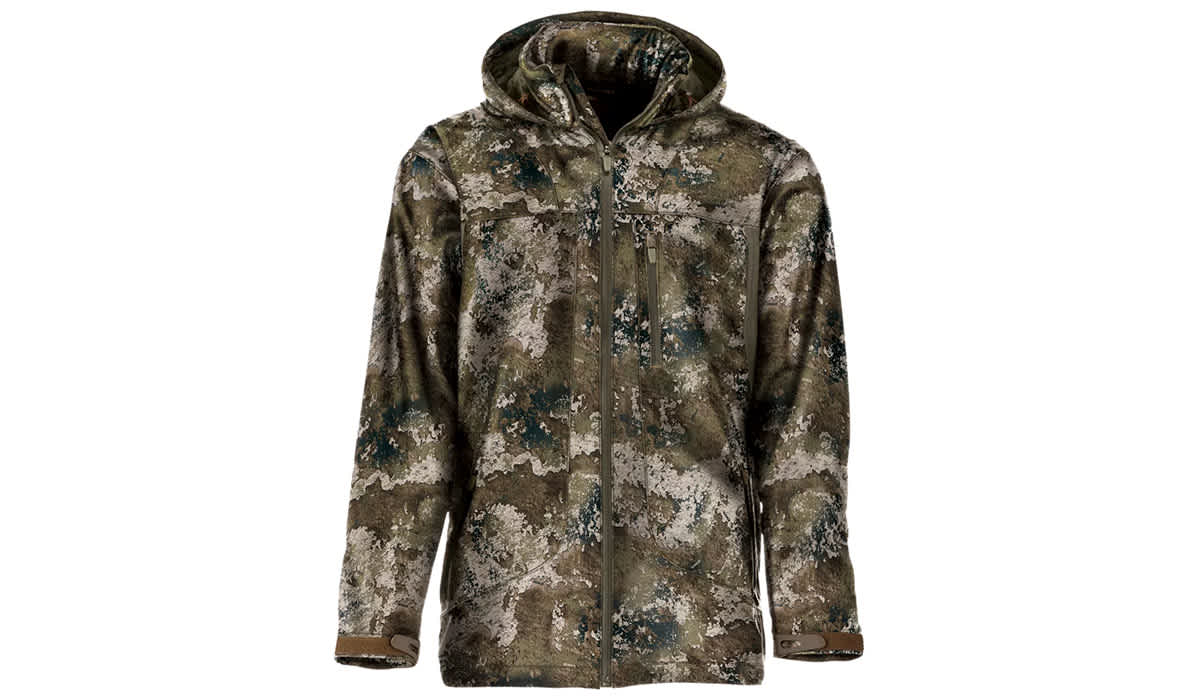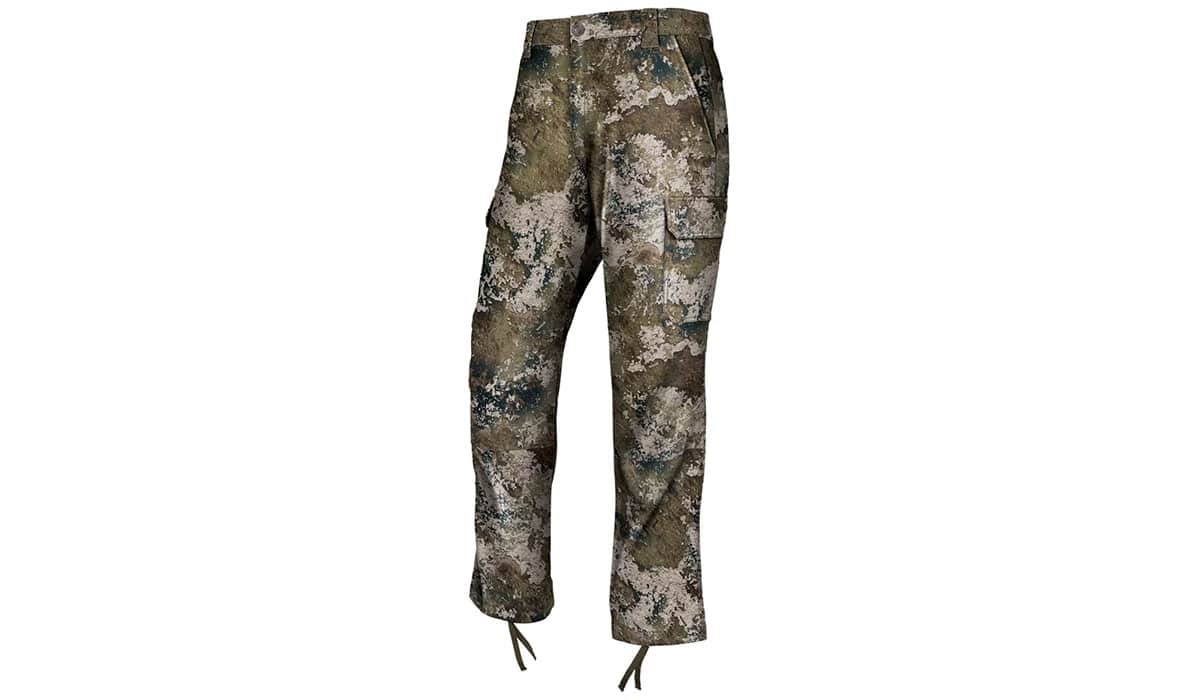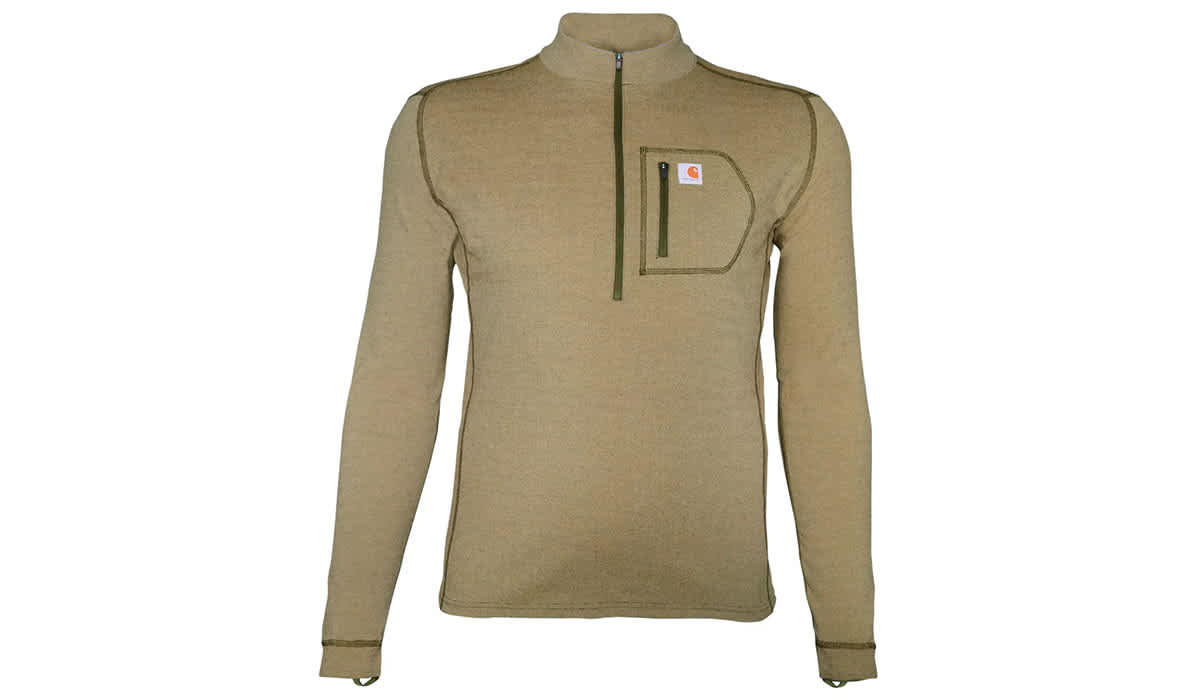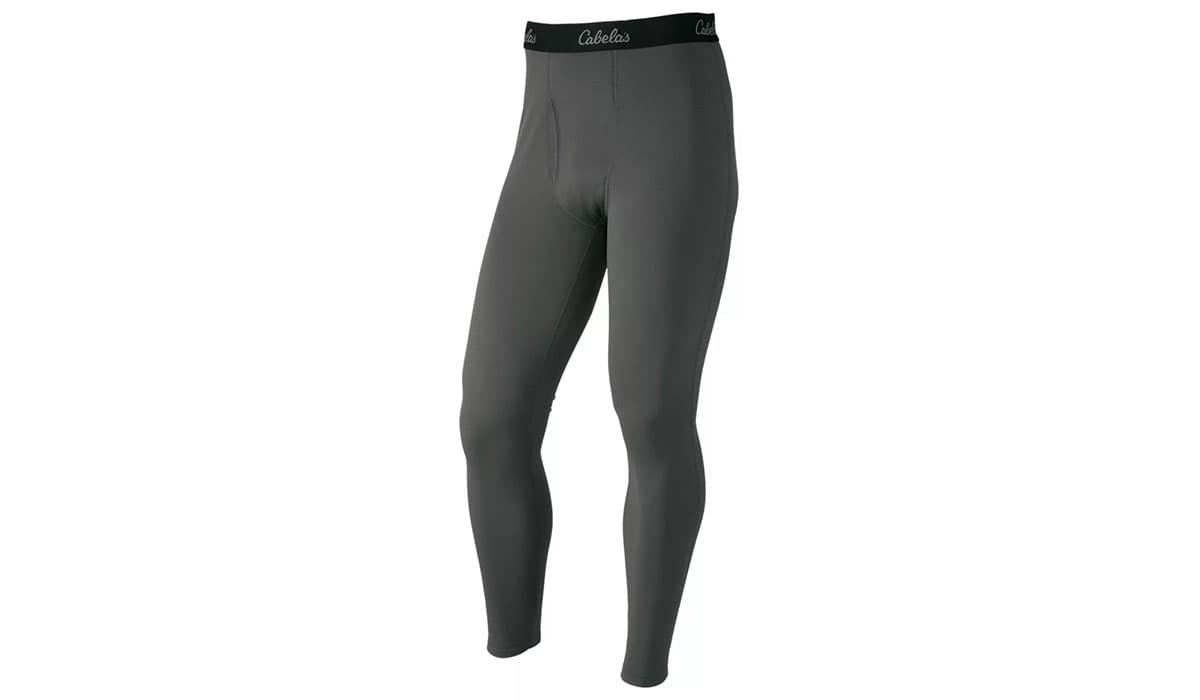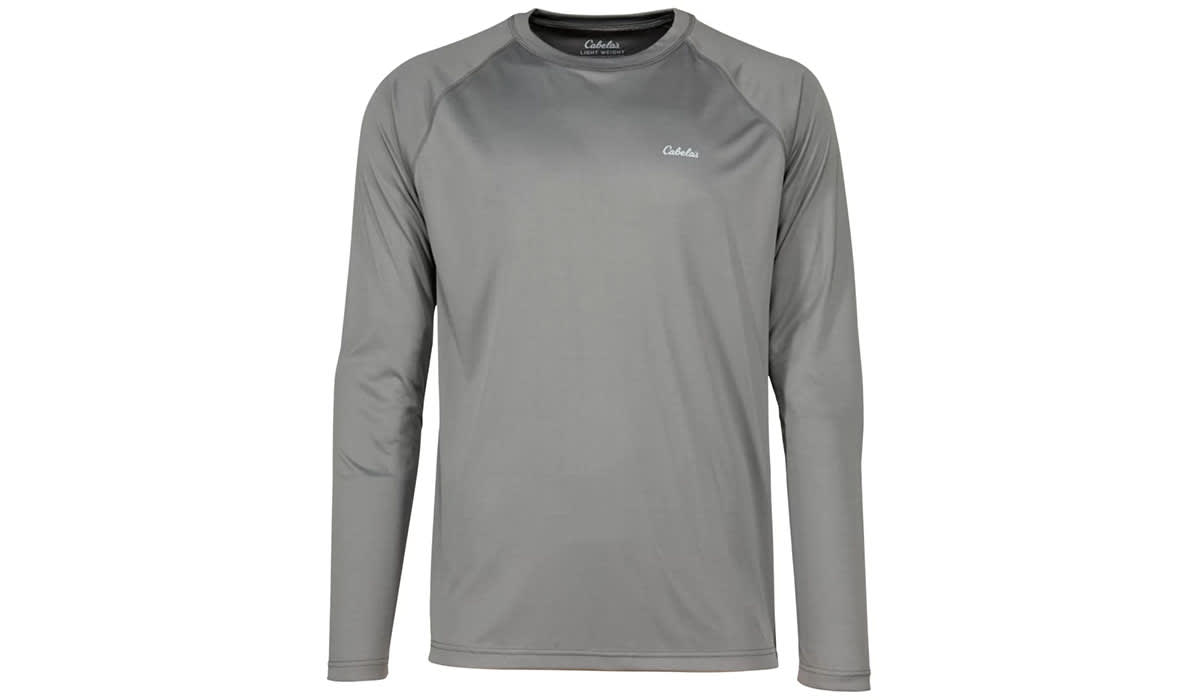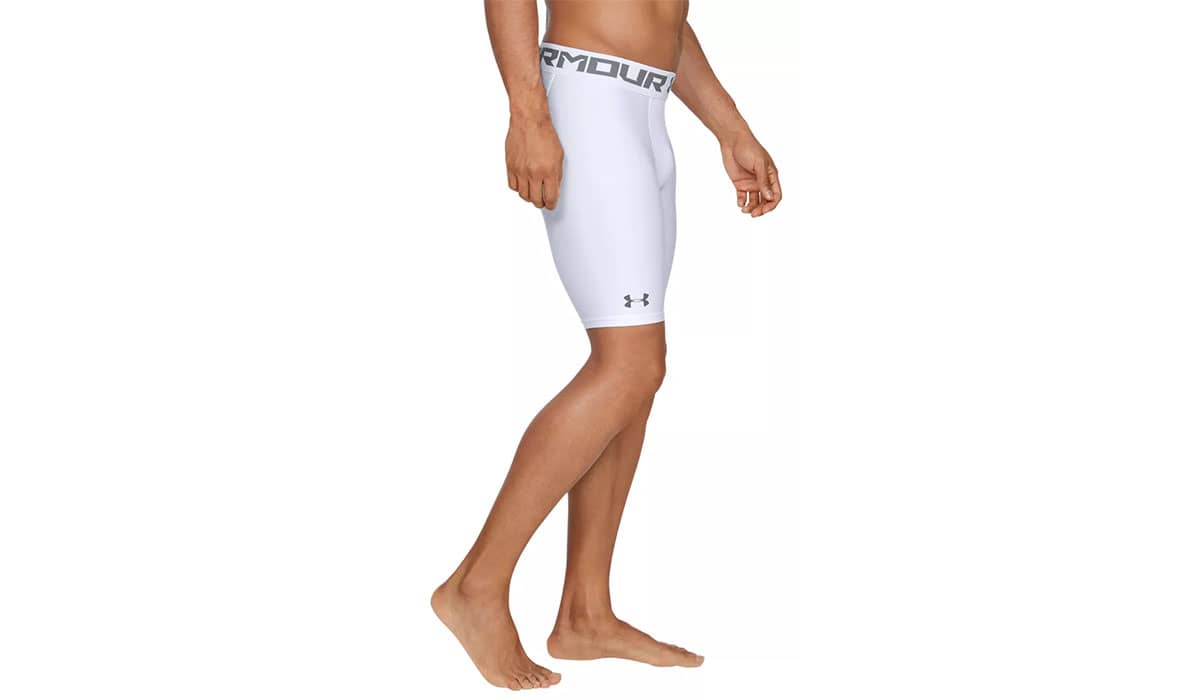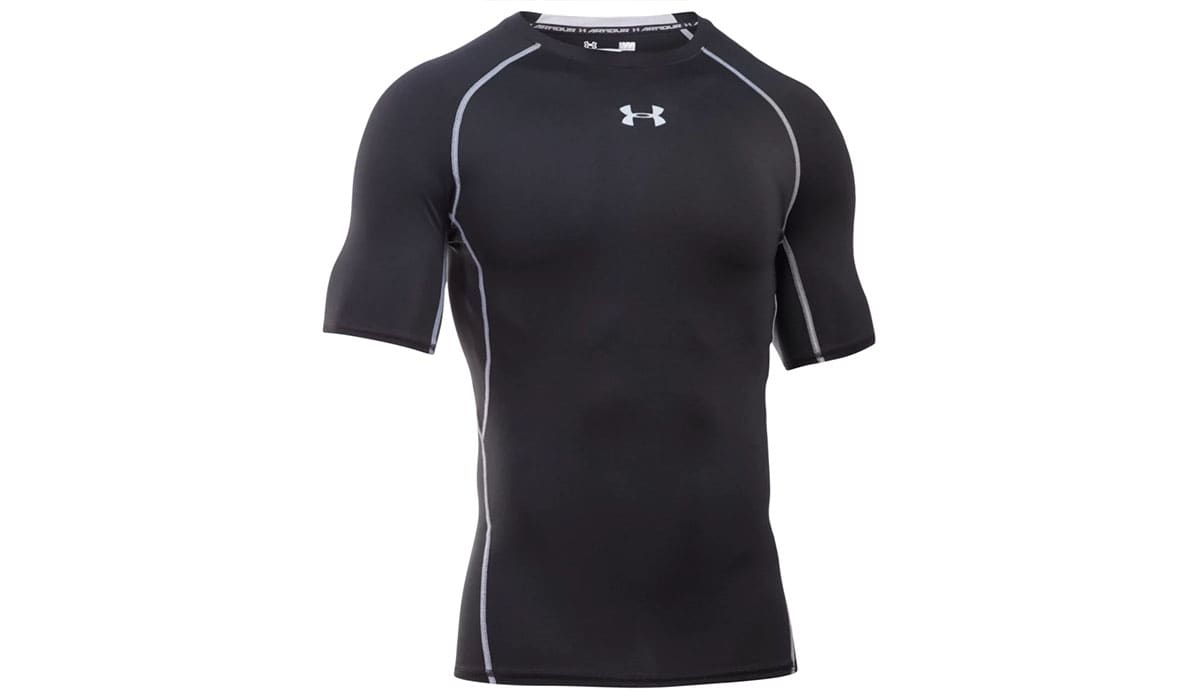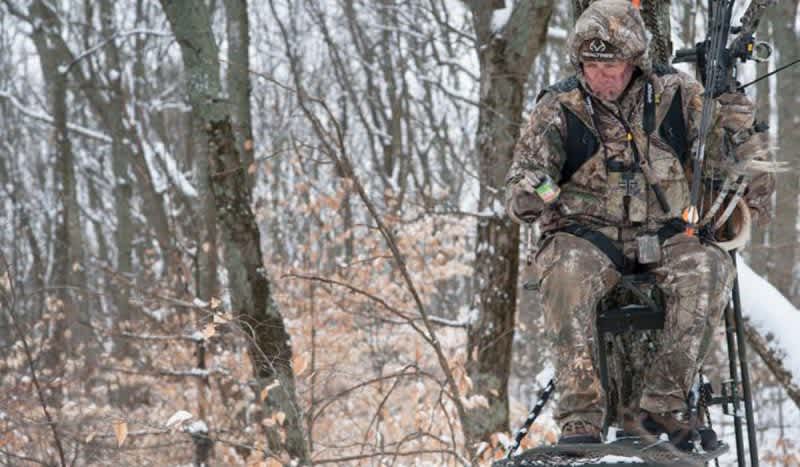
+
–
Table of Contents
1. RedHead Silent Stalker Elite Parka
Layering is so important that some jackets do the heavy lifting for you. Such is the case with this sweet 3-in-1 parka from RedHead. It has a waterproof, wind-proof outer shell parka that keeps you out of the elements, and there are always elements when hunting late into the season. You can wear this lined parka by itself, or with a zip-in liner that has a quilted interior using Thermolight micro-insulation with 200-grams in torso and 150-grams in sleeves. If you don’t need the benefits of the parka, you can simply wear the liner by itself, too. Really, every hunter who ventures out in the colder seasons needs a good 3-in-1 parka in the closet. This is your best outer layer of defense against getting too cold, wet and exposed to the elements during your hunt.
Pros/Versatility and warmth
Cons/Can be hard to determine the right amount of parka system to wear
Bottom Line/If you’re hunting the cold weather, get a 3-in-1 parka
2. RedHead Squaltex SCENTINEL BONE-DRY Rain Parka
Rain gear doesn’t always get the credit it deserves when it comes to layering systems, but then the clouds will open up and everyone wishes they had it on. Actually the rain layer could almost be considered another layer in the layering system, as it works both as rain gear and as your outwear layer even when it’s not a deluge. I like rain gear as my outer layer simply because most all of it, including the RedHead Squaltex Scentinel jacket, because it blocks rain – and wind. That is a big one for me. This gear also uses what they callZeolite Technology that works to trap odor molecules and reduce your downwind scent trail. That’s cool stuff.
Pros/Waterproof and controls scent – great hunting coat
Cons/When it’s warmer, breathability is a slight issue
Bottom Line/A great jacket that works great for hunting, whether it’s raining or not
3. RedHead Silent-Hide Flex Fit Pants
The RedHead Silent Hide Flex pants are extremely comfortable and as the name implies, quiet. They are made from a blend of cotton and polyester with some spandex thrown in for the flex side of things. These pants are great for warmer weather hunting, and they work well into the cooler seasons with some added layers underneath. The fit is loose, so there is room for added base layers. The pants have reinforced knees, cargo pockets, drawstring cuffs and wide belt loops. The best part is the price, as you’ll wind up wanting a couple pairs.
Pros/Comfort, quiet and price
Cons/When it gets cold, or wet, you’ll want other pants
Bottom Line/A great, basic hunting pant for moderate weather and at a great price
4. Carhartt Force Heavyweight Quarter-Zip
Designed first for workers who have to go out into the brutal cold regardless of whether they want to or not, the Carhartt Force Heavyweight long-sleeve quarter-zip shirt is perfect for hunting when the mercury heads south of the freezing mark. This heavyweight base layer is made of thick, 7.7-oz. 95% polyester/5% spandex that holds and retains your body heat to keep your core temperature in the comfort zone. It has moisture-wicking, quick-evaporating qualities that make it good for being active in these types of conditions, or sitting still in your stand waiting on the big one. Carhartt gave it an odor-fighting treatment to help keep on that front and a concealed thumb loop helps you put on loafers over top without trying to keep your sleeves from rolling up.
Pros/Great for deep cold, thumb loops and quarter zip for venting
Cons/Better for active use, but ok for sitting
Bottom Line/If you are at least partially active in cold weather, and I mean COLD weather, this is a great layer
5. Cabela’s E.C.W.C.S. Midweight Base Layer Pants
What level of baselayer do you use when it’s really cold, but still above freezing? That’s where the midweight stuff comes into play, and Cabela’s kind of does it better than most. Using the same technology the military does, this base layer has flatlock seams for an enhanced fit and comfort, and is fitted for comfort. The polyester/spandex fabric has what they call dual-surface construction with a smooth fleece face and a grid fleece back. The grid fleece reduces bulk but increases compressibility for warmth without bulk. I have a few grid fleece tops that work great because they help trap air for insulation, but still allow airflow for ventilation.
Pros/Perfect for cold weather that isn’t below freezing – yet
Cons/None- if used in the right temperature range
Bottom Line/If you’re going to sit in cold weather, or be active in really cold weather, these pants are a great base layer to keep you warm
6. Cabela’s MTP Lightweight Long-Sleeve Top
Cabela’s MTP lightweight long-sleeve top is made from 100% polyester performance fabric and is best for moderately cold or cool days. It is a great wicking material that helps add a little extra warmth and is great for high-activity hunting trips when you need a little added insulation, but really need something to help pull sweat away from your skin. Cabela’s 4MOST INHIBIT helps reduce your scent that is produced from the sweat you’ll generate walking around.
Pros/Good for added warmth when the weather cools down
Cons/Limited temperature range for most users
Bottom Line/When things cool off, but aren’t to the level of being cold, this is a great top base layer to help keep your comfortable
7. Under Armour HeatGear Compression Shorts
When it’s hot, you don’t want a bunch of extra layers sealing in your body heat. However, there are some much needed clothing items you will want. I will freely admit that I’m a firm believer in Under Armour’s HeatGear compression shorts for hunting in hot weather. My first pair came in handy on a trip to hunt Axis deer in Texas. They may have said that the 101-degree heat was a “dry heat,” but the reality is, I was sweating so much, there wasn’t much “dry” around me. These shorts help keeps things cooler. That’s a nice way of saying it, but you get the idea. The compression factor is also nice. I like compression layers, especially when it’s hot, and especially when I have to sit in a stand for a long time. It helps keep the blood moving and the cramping away. There are a few companies that produce this kind of short, but it’s hard to beat the Under Armour product.
Pros/Helps cool you down and things from rubbing together
Cons/The outer surface is slick, so watch your pants
Bottom Line/When it’s hot, wear these – It’s that simple
8. Under Armour HeatGear Compression Shirt
A shirt baselayer is way more important than you might think, especially for hot weather. You want a wicking material, as it helps pull moisture away from your skin, and helps it to cool off, thereby cooling your body down. The UA shirt has stretch panels in high mobility areas and fits like a second skin, for uninterrupted movement. There’s a reason these are so popular with athletes – It helps keep you cooled down and functional. The last thing you’d want is to have anything distract you at the exact moment you are trying to draw on that trophy buck you’ve been after.
Pros/Moisture wicking and compression
Cons/Best for warm weather only
Bottom Line/Helps keep you going in hot weather
Base layers explained
A base layer simply put, is the layer of clothing that is in direct contact with your skin. The direct contact part is extremely important, too. The base layer is the part of the outfit that will have to deal with the moisture you emit during activity. So when you’re walking in, and you sweat a little, that perspiration goes directly into your base layer of clothing. If that layer holds that moisture, it can do one of two things, and either can be good, depending on two factors.
If you’re hunting in warm to hot weather, you want a base layer made of a synthetic fabric that helps evaporate the moisture to help cool you off. This is where those HeatGear layers from Under Armour are so effective.
If you’re hunting in cold weather, you also want the moisture pulled away from your skin, but the key here is, you don’t want the evaporation of that moisture to transfer cooling properties to you. This is where natural fabrics as well as some of the really good synthetic materials work so well. They insulate you and retain body heat.
Do you need a base layer? In my opinion, yes, you do. It helps you control your body temperature better and that can help you get more enjoyment out of your time in the field.
A look at hunting clothing fabrics
There are a lot of different fabric types that get put into play when it comes to your hunting clothing. And that is one of the cool things about using a layering system – you can choose what you wear and what types of fabrics and clothing best suit your needs and style.
Synthetic fabrics make up the bulk of the materials being used these days. They have excellent wicking properties, and work well for drawing moisture away from your skin. Many of them are highly durable, too. One of the things you may not realize about synthetic fabrics, however, is that for any scent controlling properties, that is a process that has to be added to the fabrics. Most are treated with a chemical that helps block scent from escaping your body. Some trap or absorb scent molecules. I’m often wondering about the shelf life of these treatments, and whether or not they will withstand multiple years of washing, drying and use. The general consensus from my research is that you’ll likely wear the clothing out before you’ll exceed the lifespan of the scent-controlling properties.
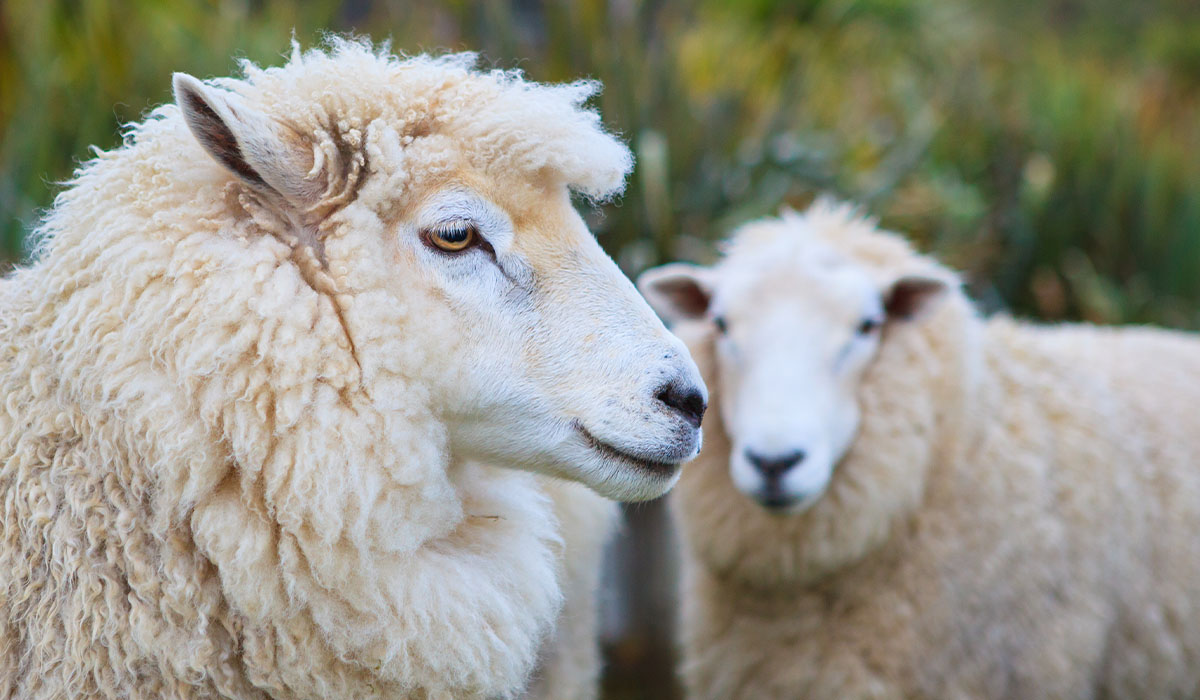
Natural fabrics, like the various wools and cottons each have properties that synthetics have a hard time matching. Wools, like Merino wool, are extremely warm. Wool wicks moisture well, but doesn’t release it as well as synthetics do. Still, it’s pretty good, and the insulating properties exceed the moisture issues, so you’ll stay warmer in wool. I mean, do you really think those hunters in the east would still be wearing those plaid, wool hunting clothes if they didn’t work? Cotton is a great fabric for hotter weather, as it breathes well, but it is known for holding moisture. You’ll often see it as a blended material to help fix these issues and make it a better choice.
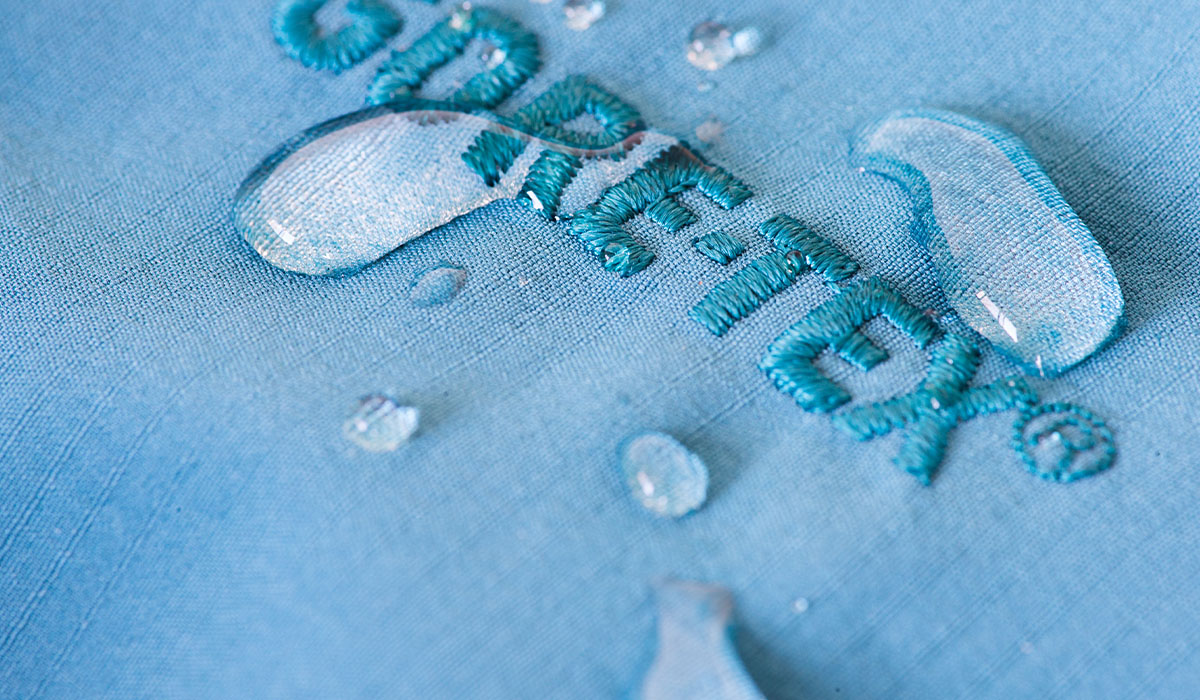
Moisture barrier materials found in outer layers and rain gear all have the same basic idea. They contain a layer that is designed to let water vapor – sweat – escape outward, but bigger water droplets – rain – cannot pass through. The most famous of these fabrics is GORE-TEX, although Red Head’s Squaltex and Bone-Dry are variations on the same theme. I can say this, they do keep you dry from rain, sleet and snow – all of which I’ve experienced within an hour or so on the same hunt. The breathability part works, too, but it works best if you’ve layered right underneath. These materials also work exceptionally well at blocking wind. That alone is a big selling point to me.
What should I wear under a hunting jacket?
It depends upon the temperature and conditions. Pick the right base layer top for the air temp, and consider adding fleece layers, like a vest if the weather is going to be colder.
Why should I dress in layers while hunting?
There’s a couple things to keep in mind while getting dressed to go hunting. One, you can always shed layers if the weather is warmer than expected. Two, you can always add layers if you take them with you. Many hunters will not wear their outermost layer until they reach their stand. This helps keep you from overheating and sweating on the walk in.
We are committed to finding, researching, and recommending the best products. We earn commissions from purchases you make using the retail links in our product reviews. Learn more about how this works.
